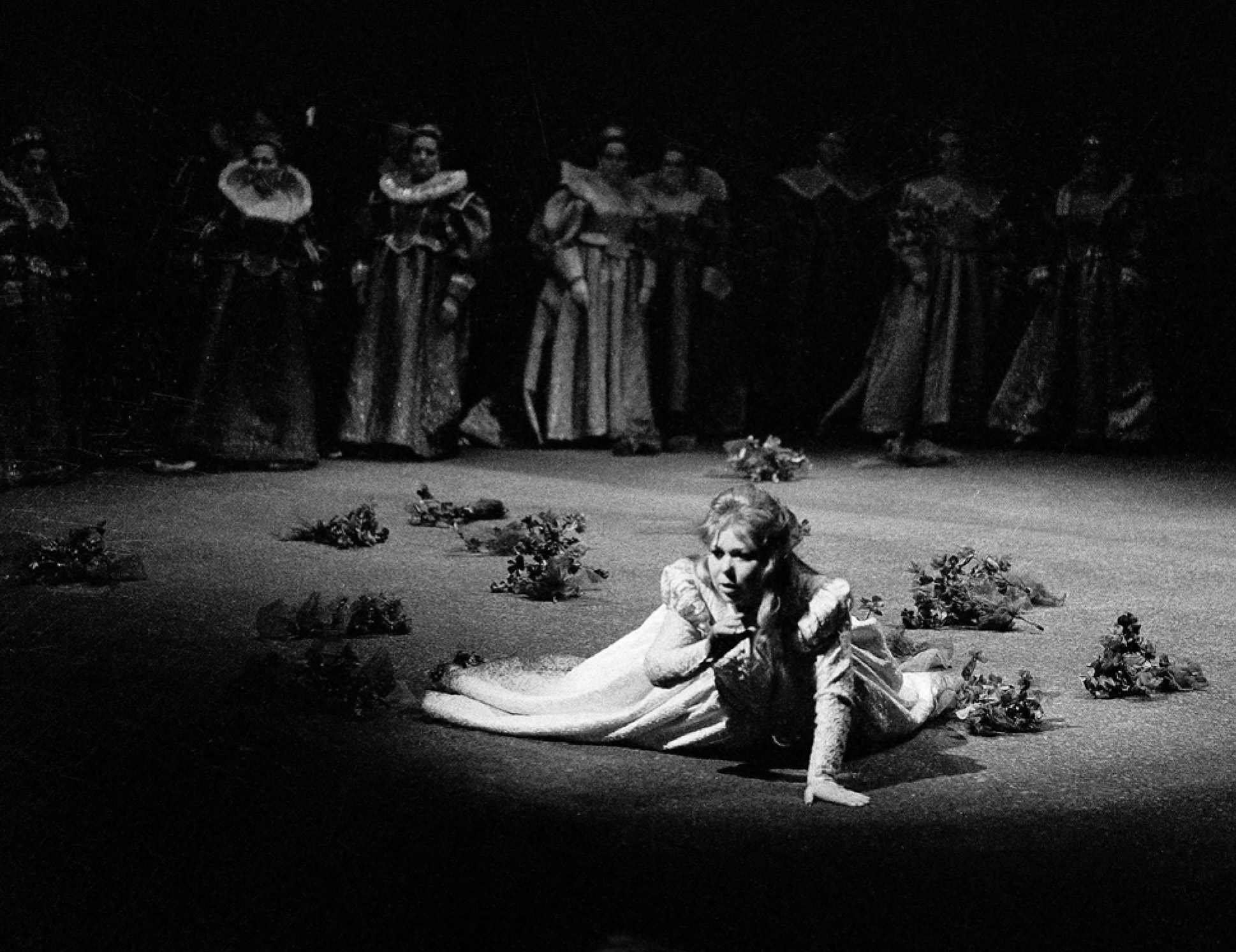The Diva from two worlds
The Diva from two worlds
What made Renata Scotto a diva was her instinct, rationality and intuition, key elements in the profound nature of her performances

There was a moment when, all of a sudden, I understood what the word diva means. I’d like to share it as an event of note. One evening, early 2000s, I went to the Met with Renata Scotto. A poor performance of Il trovatore. Due to a mishap with the cab, we arrived in a bit of a rush, entered the theatre five minutes before the curtain rose, and upon seeing Scotto descend the stalls to her seat, the audience rose to their feet. They pointed and recognized her and, well before we reached our seats, the whole, and I mean the whole theatre, erupted with an outpouring of applause. She had a smile that I knew well, a combination of self-awareness, prestige, irony, and the satisfaction of a mischievous child: her eyes, which were quick and gripping, glistened in the corners. She ended up choosing to live in America. The Met was "her" theatre and where, after dazzling debuts at La Scala and appearances on all the world's major stages, she had spent the most time shaping her musicality, often alongside James Levine.
She was, therefore, a diva: for her imperiousness of character, for her dedication to discipline, for her ability to transform her physical being, from that of a petite woman to one that could become the very embodiment of eroticism (see the second act of Manon Lescaut directed by Gian Carlo Menotti, recorded at the Met). This latter metamorphosis is the condition to which all real artists who walk the stage aspire: to become a character without remnants (fake artists aspire instead to make the character a mirror of themselves, a wretched pursuit). Charisma was her support and an aura encircled her, which is not something that can be feigned.
But what served as a pedestal for the diva was a staggering mix of virtues divinely bestowed on her and ones conquered of her own volition. She was born and made her debut fully armed like Minerva emerging from the head of Jupiter. She immediately displayed a highly personal, bright and piercing timbre, perfect diction, flawless intonation, impressive range – more importantly, homogeneity of range – and a disregard for danger that soon led her to roles such as Lucia, Gilda, Violetta, Cio-Cio-San at great concert halls, as well as on records, with great conductors. By the age of 30, she was already one of the world's leading sopranos. However, all this was the starting point, not the culmination of her artistry.
The culmination is something to which instinct, rationality, and intuition contribute: it is the ability to investigate musical composition in the relationship between pitch, phoneme, word, dramaturgical signification, rhythm, and accent, with inconceivable depth. In all the parts she played, especially at the height of her career, Renata Scotto knew how to descend into the abysses of a character and bring it into the light. She recorded Madame Butterfly twice: the first, in 1966 with Barbirolli, is a marvel of freshness, spontaneity and vocal technique; but the second, in 1977 with Maazel, is a lesson in text analysis, theatricality and psychology that never ceases to amaze. Every tiny cell of musical discourse is chiselled and illuminated by the performer's genius, imagination and intelligence. And this happened with Norma, with Lady Macbeth, with Adriana, with Mimì and with Musetta, but also with the Marescialla and with Kundry and everywhere, all the way to Somewhere Over the Rainbow, her favourite encore, the one which brought out that mischievous childlike smile on her face.
Francesco Maria Colombo